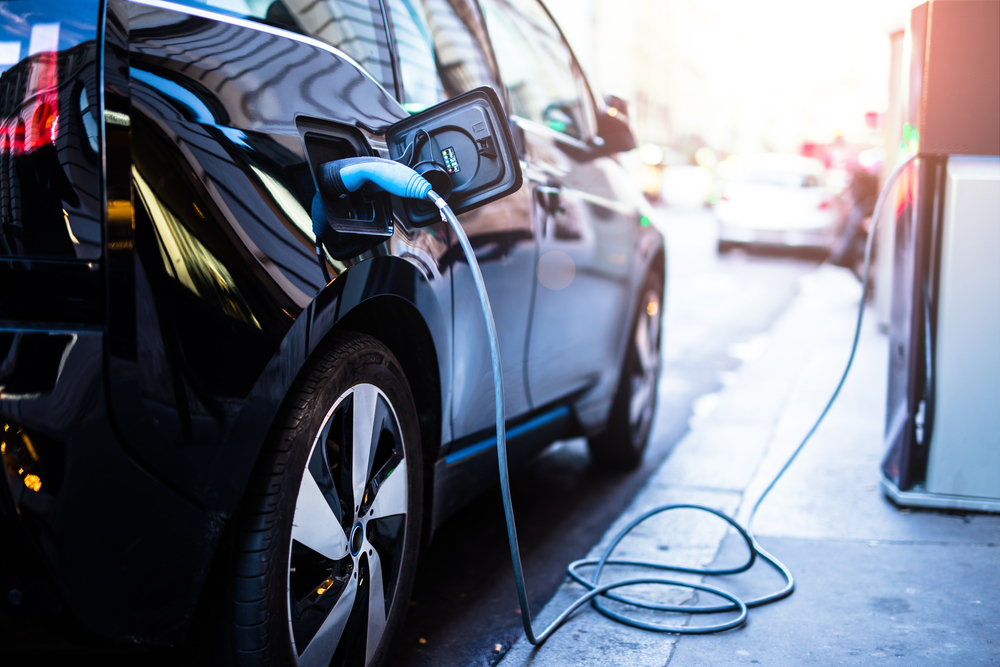Insurance
Electric car sales double as insurance costs fall

Sales of pure electric cars doubled in 2020 while they’re also £90 cheaper to insure than petrol and diesel vehicles, analysis reveals.
More than twice the number of battery electric vehicles have been sold this year compared to 2019, while less than half the number of diesel cars were sold in 2020.
Figures from the Society of Motor Manufacturers and Traders (SMMT) reveal that 86,291 pure electric cars were registered, up from 37,850 during 2019.
Based on November’s figures alone, sales saw a 122% uplift from 4,652 in November 2019 to 10,345 in the same month of 2020.
November also saw more plug-in electrified vehicles sold than diesel ones (18,062 compared to 15,925). This is the first month this has happened, according to the RAC, excluding April 2020 when dealer activity all but ceased as a result of the first coronavirus restrictions.
Sales of battery electrics represented 5.8% of all vehicles registered in 2020 compared to 1.6% last year. The RAC estimates that since 2010 a total of 185,137 pure electric cars have been registered for use on the UK’s roads, along with 223,384 plug-in hybrid cars.

How life insurance can benefit your health and wellbeing over the decades
Sponsored by Post Office
By contrast, diesel sales fell sharply over the same period (58%) from 583,488 in 2019 to 246,389 in 2020.
‘Watershed moment for new car sales in UK’
RAC data insight spokesman, Rod Dennis, said: “We may well now be reaching a watershed moment when it comes to new car sales in the UK – taking the anomalous month of April aside when dealers were forced to shut because of the pandemic, November saw more plug-in cars registered than diesel cars. The rise in demand for plug-in electrified vehicles appears to partly be taking place at petrol and diesel’s expense, with the latter as a result of concerns over harmful nitrogen dioxide emissions.
“As we move beyond the pandemic, 2021 is set to be a critically important year when it comes to understanding the appetite drivers have for ‘going electric’. With more electric cars coming onto the market, it will be interesting to see if this rise in sales will be sustained or whether the negative economic outlook has the unfortunate effect of quelling demand.”
However, Dennis added that the rise in the number of battery electric cars on the roads is also translating into more breakdowns as drivers reach a faulty charge point or who run out of charge.
Electric car premiums £90 cheaper than petrol and diesel cars
Separate analysis revealed the average annual premiums for electric vehicles stood at £629 over the past year, compared to £718 for petrol and diesel cars.
As such, they’re nearly £90 a year cheaper to insure, on top of the usual fuel and road tax savings.
The figures from comparethemarket.com revealed that over the past year, the average insurance cost for electric cars has fluctuated, peaking at £691 in December 2019 before dropping to £592 in April 2020 at the start of lockdown.
The comparison site added that if a driver were to switch to the cheapest premium for an electric car from a regular vehicle, they could save £191.
Dan Hutson, head of motor insurance, comparethemarket.com, said: “Although electric cars represent a small proportion of the total car market, the popularity of greener vehicles is growing at a rapid rate. When the technology initially emerged to challenge the status quo, the cost of electric cars acted as a deterrent with prices significantly higher than traditional models. However, our data indicates that electric cars bring significant financial as well as environmental benefits, which will be welcome news given the target to phase out new petrol and diesel cars by 2030. For those looking to save money or considering buying a new car, switching to an electric car could be an attractive option considering the savings on insurance, fuel and tax.”
Last month the government fast-tracked the ban on the sale of new petrol and diesel cars to 2030 – 10 years earlier than initially envisaged.